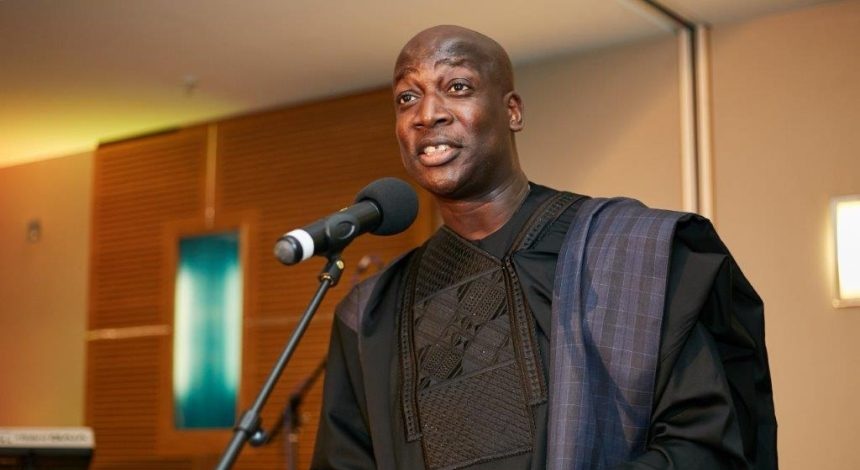Former Executive Vice President for Unilever Ghana and Nigeria, Yaw Nsarkoh, has intimated that democracy in Ghana and across much of the African continent, largely alienates the masses while enriching a privileged few.
His assertion was made during an Occasional Lecture hosted by the Ghana Academy of Arts and Sciences (GAAS) on June 19 at its premises in Accra. The lecture series offers a platform for distinguished individuals outside the Academy’s fellowship to dissect critical national issues within their areas of expertise.
The well-attended event, themed “Iniquities of Iniquity in Our Santaclaus Democracy”, brought together policymakers, academics, professionals, students, and selected journalists.
Speaking at the event, Nsarkoh argued that a truly functional democracy must prioritise the collective will and interests of its citizens.
He stressed that any democratic system in which the majority remain stagnant or deprived is counterproductive. Leaders, he said, have a duty to create an enabling environment where all citizens can access life’s necessities.
“Taking a cue from the foremost philosophers and thought leaders of pre-independence Africa, a fully functional democracy—true to its meaning—must deliver social dividends that empower citizens to achieve their fullest potential in society.
“Any form of democracy that creates a chasm between the governing elite and ordinary citizens is not fit for purpose. It fosters class conflict and serves the whims and caprices of those who should instead embrace the values of service over selfish gain, as seen in our part of the world,” he remarked.
The former business executive further noted that while capitalism has brought considerable economic growth to the West, Africa’s unique socio-economic terrain may be better suited to a more inclusive, state-led model.
“Over the years, development and economic paradigms have demonstrated that capitalism has significantly shaped advanced economies. However, in Africa, our terrain and social construct demand a different blueprint if we are to unlock our countries’ full potential.
“The development of our societies must involve active governmental participation across all sectors to prevent national wealth from becoming overly concentrated in the hands of a few private individuals, to the detriment of the majority.”
Nsarkoh advocated for deliberate and inclusive policies that support all segments of society—from small-scale traders to top business moguls—in a bid to bridge the glaring inequalities in income distribution.
The lecture ended with a clarion call to the audience to be active citizens who demand accountability and transparency from the ruling class in the management of the nation’s vast resources.
–
Story by Sika Togoh | univers.edu.gh





